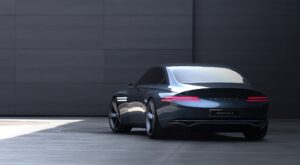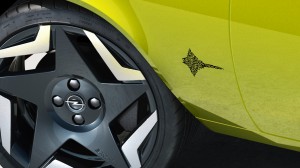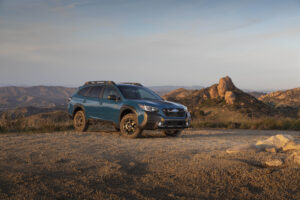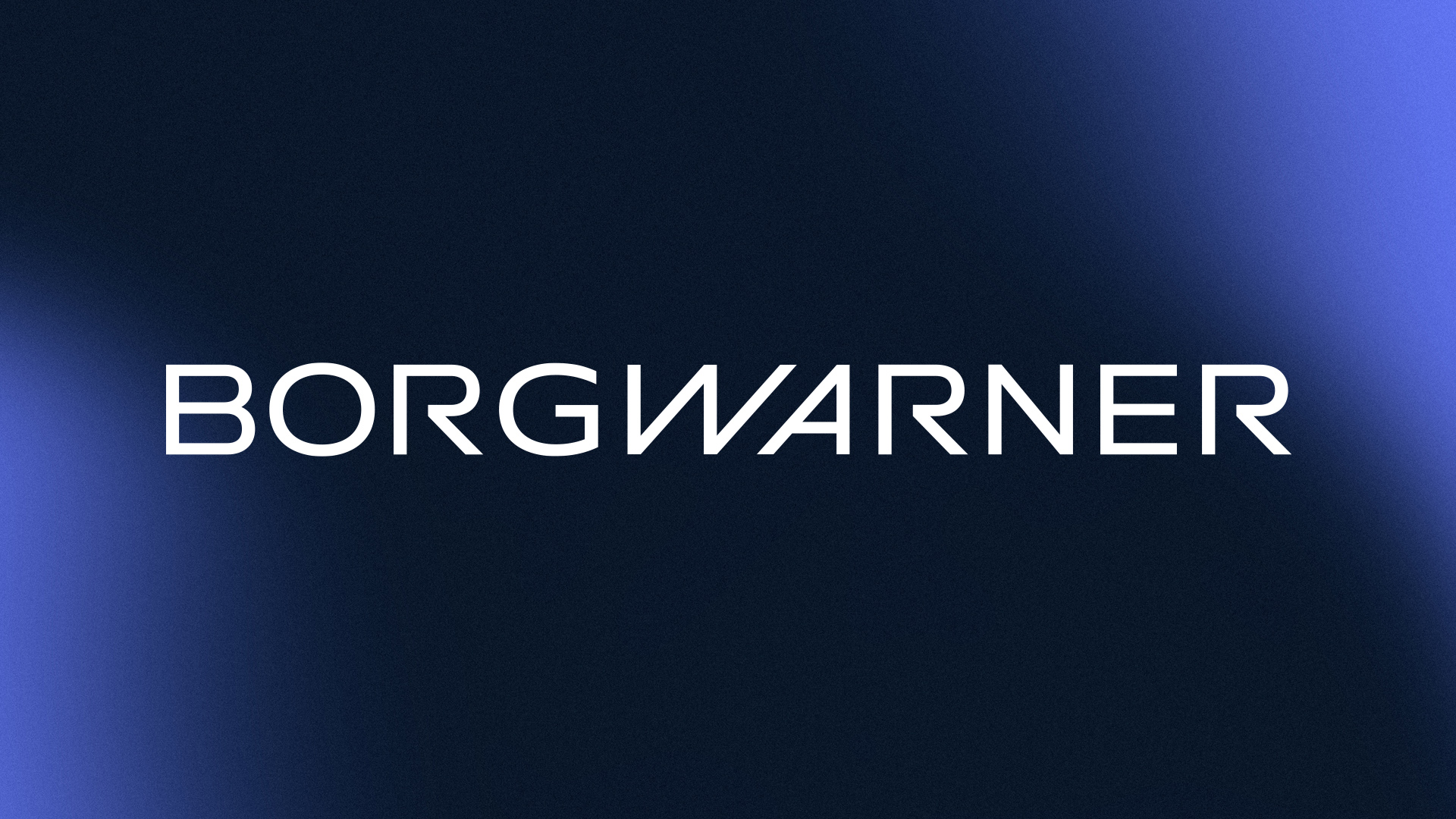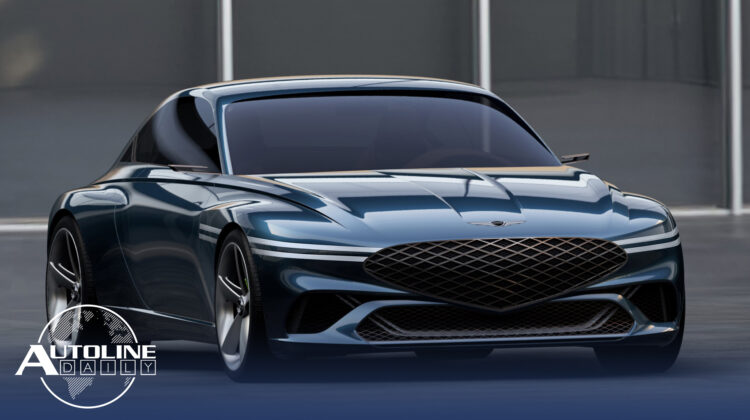
Listen to “AD #3048 – Genesis Reveals New Electric Concept; VW Name Change A Prank; Porsche and ExxonMobil Test eFuels” on Spreaker.
Follow us on social media:
Runtime: 9:55
0:08 VW Admits Name Change Is a Prank
0:57 Tesla Can Move Forward with Rivian Lawsuit
1:34 Auto Stocks Post Solid Gains
3:15 Genesis Reveals New Electric Concept
4:05 Opel Digitizes Model Names on Vehicles
5:12 Toyota Creates Fuel Cell Powered Mobile Clinic
5:43 Subaru Introduces Outback with More Ground Clearance
6:57 Porsche & ExxonMobil Test eFuels In Racing
8:09 Canada Could Play Major Role in EV Supply Chain
Visit our sponsors to thank them for their support of Autoline Daily: Bridgestone, Intrepid Control Systems and Magna.
This is Autoline Daily, the show dedicated to enthusiasts of the global automotive industry.
VW ADMITS NAME CHANGE IS A PRANK
Well, ‘blank’ Volkswagen. I’ll let you figure out what the ‘blank’ is for, but that was my first reaction to learning Volkswagen of America’s name change to Voltswagen with a ‘T’ was just a prank “announced in the spirit of April Fool’s Day.” Even though VW sent us an official press release about the name change, maybe I should have been more skeptical, like some of you were in the comments section. But it made me realize I’m not over VW’s diesel scandal because this brought back similar feelings of being misled. I’m not the only one who feels this way, which makes me wonder how it got so far? But I think VW learned that April Fool’s pranks should actually happen on, you know, April Fool’s Day.
TESLA CAN MOVE FORWARD WITH RIVIAN LAWSUIT
Last July, Tesla filed a lawsuit against Rivian, claiming it stole trade secrets with the help of former Tesla employees it hired. Rivian filed a motion to have the suit thrown out. But a California judge turned down Rivian’s request, which means Tesla can move forward with its lawsuit. Tesla says Rivian hired 178 former workers and is specifically accusing seven of them of disclosing trade secrets. Rivian denies the allegations and says Tesla is just trying to kill any EV competition.
AUTO STOCKS POST SOLID GAINS
Investors are smiling. Yesterday was good for the auto industry. The Autoline Global Stock index was up a solid 3.5%. In Europe, autos were up 7%, largely thanks to a 10% surge by Volkswagen–which happened before it ‘fessed up that the name change was fake. U.S. auto stocks were up over 3%, they were up 1% in China, and up just a fraction in Japan. There’s two startups we want to call out. Investors drove up Lucid’s shares by 10%, while they dumped Canoo, which plummeted 21%. Canoo is in trouble. It’s reported deal with Hyundai evaporated. It gave up trying to sell its technology to other automakers. Its CFO quit. Its CEO was kicked off the board and he was a no-show for the earnings call this week. You know, it ain’t easy being a startup. And we have to wonder if this leaves Canoo up the creek without a paddle–to put it politely.
| Autoline Stock Index | |||
|---|---|---|---|
| March 30, 2021 | |||
| Close | Change | % Change | |
| Global | 5,041 | +169.86 | +3.5% |
| Europe | 654 | +43.71 | +7.2% |
| U.S. | 3,358 | +112.98 | +3.5% |
| China | 476 | +5.76 | +1.2% |
| Japan | 393 | +1.65 | +0.4% |
GENESIS REVEALS NEW ELECTRIC CONCEPT
We’re a little confused at the direction those in charge of Genesis are taking the brand. It launched three sedans during the height of the SUV and crossovers craze before coming out with its first utility vehicle. Now the first EV it’s showing off is another sporty grand touring sedan, called the X Concept. Our question to leadership in South Korea would be, why is this not a crossover? Even so, we have to admit, this is one good looking car. As you can see, Genesis’ current design language is going to carry on. This is highlighted by the large, plunging grille and parallel light bars that make up the headlamps and taillamps, and flow back along the front fenders. So get used to the look, it’s going to be around for a while.
OPEL DIGITIZES MODEL NAMES ON VEHICLES
Opel is dropping all vehicle names, engine designations and emblems from its future models. Instead, they’ll use QR codes. And they don’t have to be generic square boxes. Opel designers came up with a way to make them into shapes, like the Mantaray logo on this classic Manta GS that was restomoded into an EV. Opel says the QR code could be scanned by other road users to send messages to the owner via the infotainment system or store payment information, so things like vehicle repair could be paid for without the owner having to call in or show up. Unlike the Voltswagen story, we’ll remain skeptical until we see that. We think it’s more likely the QR code will take you to a website where you can learn more about the vehicle. With the move Opel says it will have to stamp out over 7,000 fewer digits and nearly 4,300 fewer symbols to assemble its vehicles.
TOYOTA CREATES FUEL CELL POWERED MOBILE CLINIC
Toyota is determined to make fuel cell powered vehicles a reality. It developed a fuel cell powered mobile medical clinic, which it will test with the Japanese Red Cross Kumamoto Hospital. It’s based on the automaker’s Coaster bus, is equipped with the same fuel cells used in the Mirai and has a range of 210 kilometers or about 130 miles. It was created to provide medical services but also supply electricity to hard hit areas during natural disasters.
SUBARU INTRODUCES OUTBACK WITH MORE GROUND CLEARANCE
Subaru is giving the Outback a lift. It’s launching a new variant called the Wilderness which has 9.5-inches of ground clearance, about an inch more than the standard model. The suspension is tuned to improve stability while off-road and the front and rear shock absorbers were lengthened to increase ground clearance and suspension travel. Some unique features include new front and rear bumpers, larger wheel arch cladding and a front skid plate. And the interior has different trim, materials and badging compared to the regular model. Pricing for the new Outback Wilderness will be announced later this year.
PORSCHE & EXXONMOBIL TEST EFUELS IN RACING
What if you could wave a magic wand and take the carbon out of gasoline? Well, then internal combustion engines would have a much longer life. That’s why Porsche and ExxonMobil are collaborating to develop what they call eFuel. It’s made from hydrogen and CO2 that is captured from the atmosphere. The eFuel is blended with gasoline and reduces CO2 emissions by 85%. Porsche is going to test eFuel in the 911 GT3s that race in the Porsche Mobil 1 Supercup starting next year. Michael Steiner, the head of R&D at Porsche, says electrification is still their Number One priority. But eFuels will allow Porsche owners to drive their cars with combustion engines and plug-in hybrids with significantly lower greenhouse gas emissions.
Are you into car design? Then we invite you to join us for Autoline After Hours tomorrow, when we’ll have Karl Ludvigsen and Jim Hall. Both really know a lot about design, and have a lot to say. So join John and Gary for some of the best insights into what’s happening in the automotive industry.
CANADA COULD PLAY MAJOR ROLE IN EV SUPPLY CHAIN
The Biden Administration is doing a review of critical materials and components to develop a domestic supply chain that is more secure and robust. And when it comes to EV batteries and motors, Canada could play a major role in moving that supply chain to North America. Eric Rondeau from Investment Quebec joined us for Autoline This Week and here’s what he had to say.
“It’s a fantastic transition and the opportunity we have in Canada and North America is to build an alternative to the supply chain in Asia. Let’s put it straight. Currently, battery manufacturing is done 85% in Asia. But the beauty of where we stand in Canada, we in Quebec and Ontario and neighboring provinces, we have all the critical materials in our underground. We can extract it in a more efficient (way) and (with) a lower carbon emission footprint than we can do anywhere in the world.”
Whether it’s earthquakes, tsunamis, pandemics, trade wars or a giant ship stuck in the Suez Canal, global supply chains have proved to be very fragile. We think we’re going to see a move to regional supply chains. And North America has just about everything it needs to pull it off.
And that brings us to the end of today’s report. Thanks for joining us.
Thanks to our partner for embedding Autoline Daily on its website: WardsAuto.com
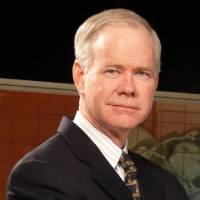
John McElroy is an influential thought leader in the automotive industry. He is a journalist, lecturer, commentator and entrepreneur. He created “Autoline Daily,” the first industry webcast of industry news and analysis.






